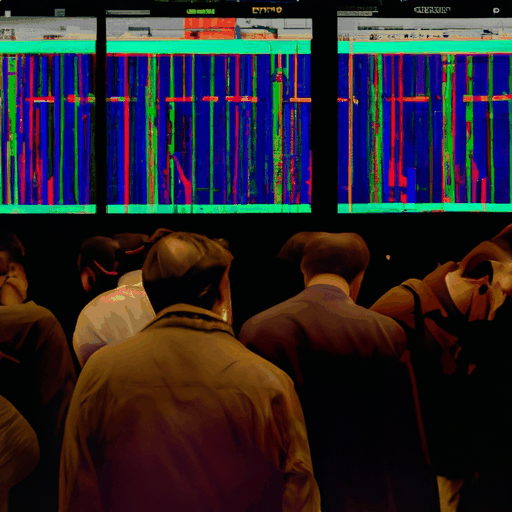
Tensions Rise as CFTC Nominee Releases Private Texts with Winklevoss Twins
By: Eva Baxter
Brian Quintenz, the nominee chosen by President Trump to head the US Commodity Futures Trading Commission (CFTC), has made headlines by releasing a series of private text messages. These texts, shared between Quintenz and the Gemini co-founders, Cameron and Tyler Winklevoss, have unveiled a heated debate over regulatory practices and the legitimacy of enforcement actions. Quintenz disclosed these messages citing concerns that President Trump could have been misled regarding his appointment.
The center of this controversy lies in accusations from Tyler Winklevoss who allegedly attempted to influence Quintenz's confirmation. Quintenz disclosed that Winklevoss had tried to solicit certain promises related to Gemini’s earlier legal battles with the CFTC, which had resulted in a $5 million fine for the exchange. Winklevoss labeled the CFTC's actions as "dubious," asserting that the body's enforcement practices seemed selectively applied against Gemini while ignoring other potential culprits of significant fraud. This alleged "lawfare trophy hunting," as Winklevoss termed it, appears to have been an ongoing issue for seven years.
Despite the pressure, Quintenz maintained his stance of not providing specific commitments until he assumes office, underscoring the importance of following the correct procedural processes. He reiterated his stance of waiting until confirmation to form any judgment, intending to rely on full access to the role’s insights rather than current staff narratives. Winklevoss, however, expressed disappointment at Quintenz's reluctance to review their complaints pre-confirmation, suggesting that reform and rectifying past regulatory wrongs should be prioritized.
This disclosure occurs just before Gemini's planned IPO, adding significant tension to an already high-stakes situation. Quintenz's decision to release these interactions signals a dedication to transparency over personal or political gain, aimed at protecting the President from potential misinformation. The situation continues to unfold as both regulatory scrutiny and industry players grapple with the implications of these revelations.
Learn more about the CFTC


